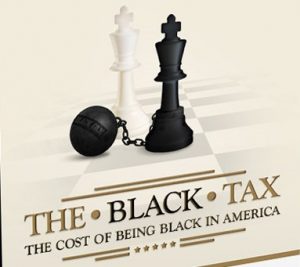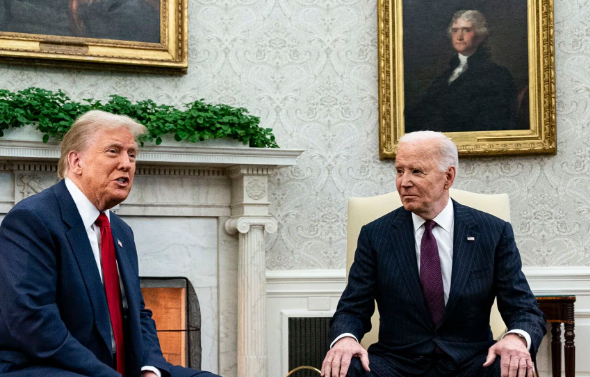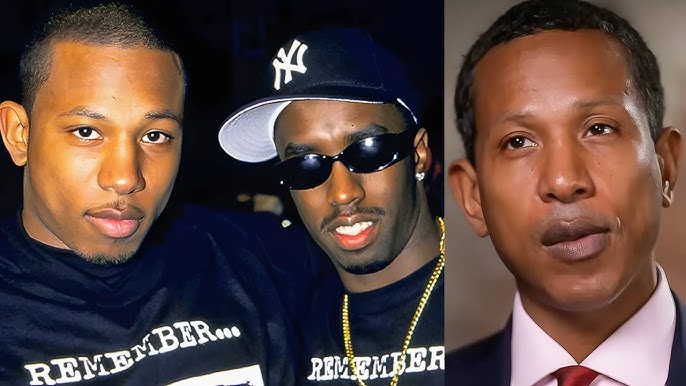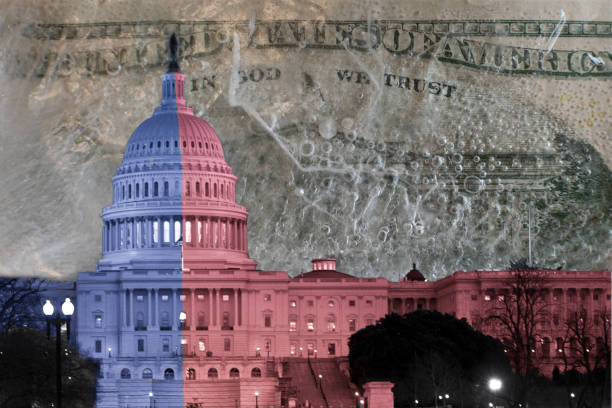(ThyBlackMan.com) I was recently speaking with a colleague regarding an intangible that no one within Black America is unaware of. I am alluding to “the Black Tax.” My colleague, a non-African-American, found it difficult to believe that not even one’s educational attainments or financial wherewithal exempted one from “the Black Tax.”
Initially, my colleague thought that “the Black tax” was a tax imposed by the U.S. Government that was only applied to Blacks. Although he was somewhat relieved to learn that the alluded to “Black Tax” was not an actual tax in the sense of other taxes such as sales tax, property tax, state and federal taxes, he still found it peculiar that successful African-Americans were forced to repeatedly pay the tax.
Let me simplify “The Black Tax” for those who may be confused at the present moment. “The Black Tax” calls for Blacks with access to financial resources to pay taxes that are commensurate to their place on the ladder of economic success. As one makes more, their “Black Tax” obligations increase exponentially. The recipients of these “Black Tax” dollars are financially marginalized Blacks that are connected to middle-class Blacks via blood, kinship, etc.
It is with the intention of making sense out of “the Black Tax” that I provide the following definition.
The Black Tax is the financial responsibility that middle-class Blacks are assigned by others to provide for their extended family.
Predictably, “the Black Tax” is not limited to merely providing for economically impoverished friends and relatives. There is a equally disruptive secondary form of “the Black Tax” that is applied to educated Blacks during their dealings with a hostile business world run by Whites. I am focusing on the intra-racial application of “the Black Tax” in this post.
Most successful African-Americans will tell you that the call to “give back to others” always accompanies economic success. Now I do not want you to conflate this sentiment and arrive at the misperception that I am referring to age-old traditions of supporting one’s parents or grandparents who have poured so much into the Black middle-class. I am not. I am speaking of a group of individuals who have somehow arrived at the gross misunderstanding that your financial success is their financial success. Put another way, such individuals behave as if their life mantra is “When you get paid, I get paid.”
Unbeknownst to my non-Black colleagues, many African-American professionals are paying a “Black Tax” by giving their hard-earned money to family members who have yet to reach similar heights. Trust me when I say that requests run the gamut from purchasing food through posting bail and assuming responsibility for exorbitant legal costs for wayward family members.
Unfortunately for Black professionals, “the Black Tax” is an inescapable reality with roots in centuries-long multi-generational poverty. This tradition of African-American impoverishment sits at the center of contemporary manifestations of the ‘Black Tax.’ In every way, the economic marginality of Black America made collectivist survival strategies essential to survival; often, prolonged or intense hardships elongated these plans to cover entire communities. Put simply, the effects of discrimination and institutionalized racism pre-determined that the only way for African-Americans to “make a way out of no way” was the pooling of economic resources into a large communal pot that few contributed significant monies.
Although many within our community believe that ‘the Black Tax’ is akin to a permanent yoke that financially successful African-Americans are going to honor until death, such individuals are mistaken. There appears to be a growing consensus among financially successful Blacks that this albatross has hung around their neck for far too long and the time has arrived for others to take care of their financial issues.
According to Monroe Community College Vice-President Anthony Quinn, “The coddling is over. It is time for these fools to get their lives together and become responsible for themselves and any children that they have created. I refuse to help anymore.”
This rapidly developing schism among “the Black have’s’ and ‘the Black have not’s” emanates from a growing disgust among industrious African-Americans regarding wasted educational and employment opportunities. Most are convinced that it is these personal failing that undergirds much of today’s Black suffering. Brooklyn, New York, bed-and-breakfast owner Tiffany Thomas has a daunting view of others who have squandered opportunities and now seek what amounts to ‘alms for the poor’ donations.
“Look, there are grown men on my block who are hanging out all day, every day. They are out there when I take my child to school, and they are in the same spot when we return; just existing. Not living, existing. Now if that is how they choose to waste their lives, fine. But, don’t dare look for me to supplement your weed-smoking and beer drinking with my hard-earned dollars. It’s not going to happen.”
Those who have compromised their earning potential via a lifestyle that rests on cultural dysfunction fail to realize that they have sown seeds that have facilitated a cavernous divide within Black America that the comedian Chris Rock once characterized as a Civil War between “Black folk and Niggas. And Niggas have got to go.”
“I want nothing to do with no Niggas,” Tiffany Thomas offers, “You tell me what they are good for? Name me one thing that they contribute to Black America. Hell, if you ask me, they are the ones who bring every single problem to Black America. Crime, that’s them. Domestic violence, that’s them. Rape, that’s them. Robbery, that’s them. Littering, that’s them. Public indecency, yep, that’s them again. That is why they need to go, I don’t care where they go, they just need to go.”
One has to wonder, how long ‘the have not’s’ will continue to pay their “Black Tax” bill?
If “the have not’s” took a moment to reflect on who is responsible for their success and failure, it would become evident that the most important variable in that process is the person staring back at them in the mirror. It is time that the individuals Chris Rock took to task in public took responsibility for their lives and stopped looking outside of themselves for life-sustaining assistance. Unfortunately, such rationality seems to remain elusive for “the have not’s” because it requires some level of introspection and ownership for the mess that they have allowed their life to become.
The “have not’s” must do better. However, I seriously doubt if they ever will. So maybe it is best that they go.
Staff Writer; Dr. James Thomas Jones III
Official website; http://www.ManhoodRaceCulture.com
One may also connect with this brother via Twitter; DrJamestJones.

















Leave a Reply